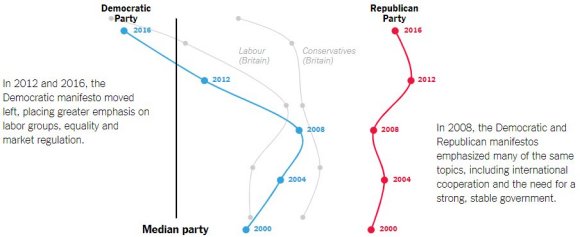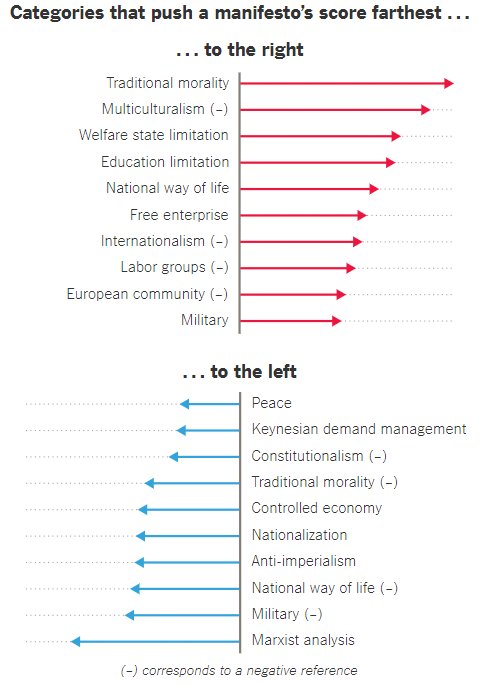A young man by the name of Joshua Lawson, who is a graduate student at Hillsdale College, has written a vigorous response to the New York Times’s Orwellian project of “reframing” all of American history as a Marxist narrative of racial oppression. The essay is published at The Federalist.
Mr. Lawson provides moral and historical context:
Slavery was and is an abomination. The ownership of one man over another is an affront to both natural law and our God-given inalienable rights as human beings. It is an evil part of America’s past—as well as that of nearly every nation on earth. The fact that slavery has a universal heritage does not absolve American slave owners, but it does provide a necessary historical context.
During the 17th century, slavery was, sadly, an accepted part of life throughout the world. By A.D. 1619, slavery had existed for more than 5000 years, dating back at least to Mesopotamia. At the time the first African slaves arrived in Jamestown, the Spanish and Portuguese had been enslaving blacks and native peoples in the New World for more than 100 years. Native American tribes had been enslaving each other for who knows how long before that.
What’s notable about the United States is not that its citizens held slaves, but that the West’s crusade to end slavery began after Jefferson penned the aspirational words of America’s founding document…
… Slavery wasn’t abolished until 1834 in the British Empire, 1848 in French colonial possessions, 1858 in Portuguese colonies, 1861 in Dutch Caribbean colonies, 1886 in Cuba, and 1888 in Brazil.
The pace of abolition was even worse in the non-Western part of the world. Barbary pirate slavers from North Africa enslaved more than a million Europeans until the end of WWI, three times the number of Africans sold to America. Slavery wasn’t abolished in China until 1910 (but was still practiced until 1949) and didn’t completely end in Korea until 1930. Qatar allowed slavery until 1952, Saudi Arabia and Yemen until 1962, and Mauritania until 1980—nearly 200 years after it was abolished by the state of Massachusetts.
Using the latest reliable figures from 2016, the Walk Free international human rights organization estimates that on any given day 40.3 million men, women, and children will be victims of modern-day slavery in Africa, Asia, and the Middle East. Tragically, that number is a low estimate, given the lack of reliable data from Arab states and the prevalence of slavery that still exists there.
As some wag once said, “if the Left didn’t have double standards,they wouldn’t have any standards at all.” Lawson calls out the Times for providing an illustrative example:
The entire framing of The New York Times’ effort deserves to be questioned. Reconstructing the American founding to the date of the first slave is a standard the Times is only placing on the United States. Is America’s “newspaper of record” about to embark on a grand venture of politely telling every other nation its celebratory founding is to be recalibrated to the date of its first instance of slavery? No, the Times’ project is deliberately—and solely—aimed at the United States.
Leftists have been engaging in this sort of deception for generations. Between the 1930s and 1980s, every perceived shortcoming of the United States was put under a microscope while the left was largely silent on the atrocities of communist tyrannies.
The left holds contempt and disdain for America’s ideals. In their heart-of-hearts, honest leftists cannot deny the unbelievable success of the United States and its institutions nor the appeal of its founding principles abroad. So, the left’s only recourse has been to mount its arguments by comparing American history to a Utopian standard they never use with any other country.
In my own post on this Orwellian “project” a few days ago, I wrote:
Washington, Jefferson, Madison — where will these names be in a few years if the Times has its way? If it is the duty of True Believers to cast out sin, and the American nation and its Constitution rest upon a foundation of unforgivable sin, then must not that foundation itself be broken up and cast away?
Mr. Lawson makes the same point:
If America is as insidiously evil as the 1619 Project paints, what other recourse but to rip out its cancerous foundations root and stem? Leftists are banking that the outrage caused by the 1619 Project will provide them the political capital required to move to the next stage: a full reconfiguration of America into their image.
In the novel 1984, the Party’s slogan asserted a simple, horrifying principle:
“Who controls the past, controls the future. Who controls the present controls the past.”
The New York Times, feeling its grip on the future slipping in the wake of the 2016 election and the failed coup of “Russiagate”, now bends all of its power toward seizing control of America’s past. To do so, though, they must maintain control of the present — and we must not let them have it.
Mr. Lawson’s essay is here.



